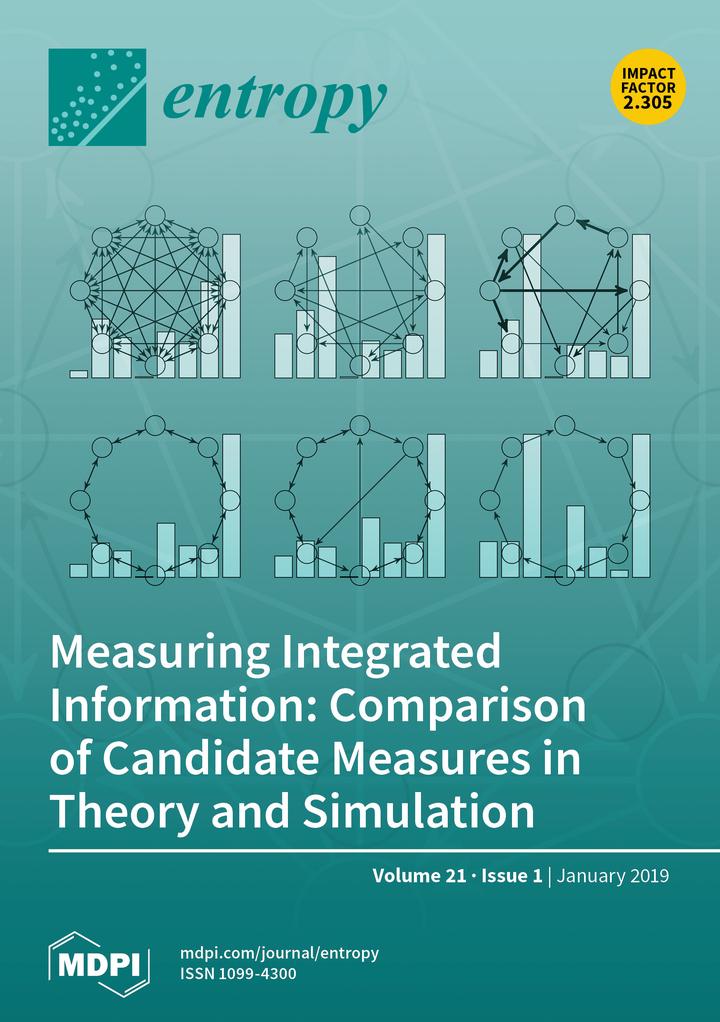Measuring integrated information: Comparison of candidate measures in theory and simulation

Abstract
Integrated Information Theory (IIT) is a prominent theory of consciousness that has at its centre measures that quantify the extent to which a system generates more information than the sum of its parts. While several candidate measures of integrated information (“Φ”) now exist, little is known about how they compare, especially in terms of their behaviour on non-trivial network models. In this article, we provide clear and intuitive descriptions of six distinct candidate measures. We then explore the properties of each of these measures in simulation on networks consisting of eight interacting nodes, animated with Gaussian linear autoregressive dynamics. We find a striking diversity in the behaviour of these measures—no two measures show consistent agreement across all analyses. A subset of the measures appears to reflect some form of dynamical complexity, in the sense of simultaneous segregation and integration between system components. Our results help guide the operationalisation of IIT and advance the development of measures of integrated information and dynamical complexity that may have more general applicability.